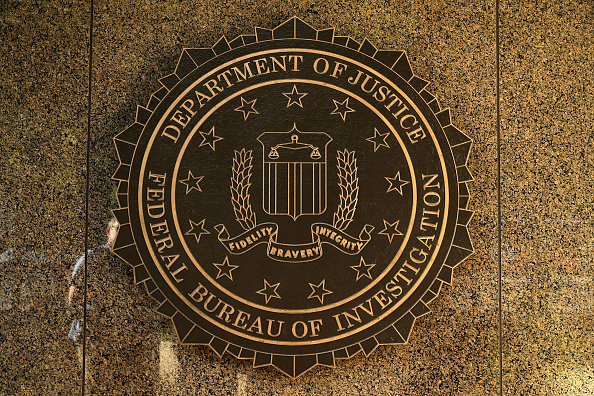For years, thousands of drug dealers, contract killers, and gun runners across the world communicated via Anom, an encrypted app purchased on the black market that would shield their messages from law enforcement. Or at least that’s what they thought. In reality, the FBI had introduced the technology and used it to track the ins and outs of hundreds of criminal operations. Now, the hammer has fallen.
On Tuesday, the FBI – in conjunction with law enforcement partners in Australia and Europe – announced that they had arrested over 800 international criminals in recent days thanks to Anom. They also seized more than eight tons of cocaine, 22 tons of marijuana and hashish, two tons of methamphetamine and amphetamine, 250 firearms, 55 luxury vehicles and more than $48 million in cash and cryptocurrencies. More than 50 clandestine drug labs have been dismantled.
“The results are staggering,” FBI Assistant Director Calvin Shivers said Tuesday morning at Europol’s headquarters in The Netherlands.
The unprecedented law enforcement initiative – dubbed Operation Trojan Shield – gave investigators an unfiltered look into over 300 criminals operations involving 12,000 phone using the bugged app. Prices, logistics, and other details of serious illegal enterprises were openly discussed.
It is “one of the largest and most sophisticated law enforcement operations to date in the fight against encrypted criminal activities,” according to Europol.
Over 9,000 law enforcement officers combed through 27 million intercepted messages. Germany, the Netherlands, Spain, Australia and Serbia had the most active users, but South American drug cartels and Triad groups in Asia were also implicated in the operation.
The Wall Street Journal provides details:
Narcotics smugglers in South America allegedly used a banana distributor and an Ecuadorean tuna company, for example, to smuggle narcotics to Asia and Europe—in part by bribing port officials, U.S. authorities said in court documents. Belgian authorities seized 1,523 kilograms of cocaine bound for Antwerp based on leads from monitoring Anom messaging. Hollowed-out pineapples and refrigerated fish were also used to conceal contraband, authorities said.
In Australia, the surveillance enabled police to stop a plot to kill a family of five.
The New York Times provides details on Operation Trojan Shield’s origins:
The F.B.I.’s operation, according to court documents that the Justice Department unsealed on Monday, had its origins in early 2018 after the bureau dismantled a Canadian-based encryption service called Phantom Secure. That company, officials said, supplied encrypted cellphones to drug gangs, like Mexico’s Sinaloa cartel, and other criminal groups.
Seeing a void in the underground market, the F.B.I. recruited a former Phantom Secure distributor who had been developing a new encrypted communications system called Anom. The informant agreed to work for the F.B.I. and let the bureau control the network for the possibility of a reduced prison sentence, according to the court documents. The F.B.I. paid the informant $120,000, the documents said.
Over the course of three years, the black market phones were distributed in over 100 countries. Criminals would pay upwards of two thousands dollars for them.
From NPR:
They’re sold only through word-of-mouth referrals by distributors whose reputations make them trusted within criminals’ circles.
It was that trust — along with drug shipments and other illegal activities — that law enforcement agencies were hoping to disrupt.
“Criminal groups using encrypted communications to thwart law enforcement should no longer feel safe in that space,” Jamie Arnold, FBI San Diego assistant special agent in charge, said in a news release about the operation.
“We hope criminals worldwide will fear that the FBI or another law enforcement organization may, in fact, be running their platform,” Arnold added.
On Tuesday, law enforcement officials said more arrests stemming from Anom are forthcoming. “We have been in the back pockets of organized crime,” said Australian Federal Police Commissioner Reece Kershaw. “All they talk about is drugs, violence, hits on each other, innocent people who are going to be murdered.”
